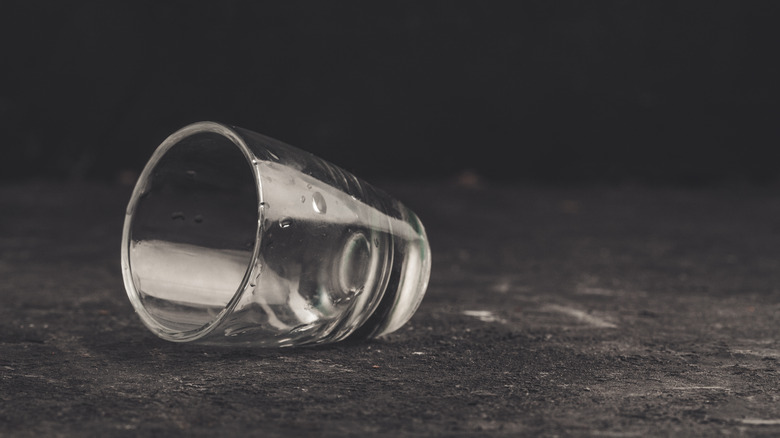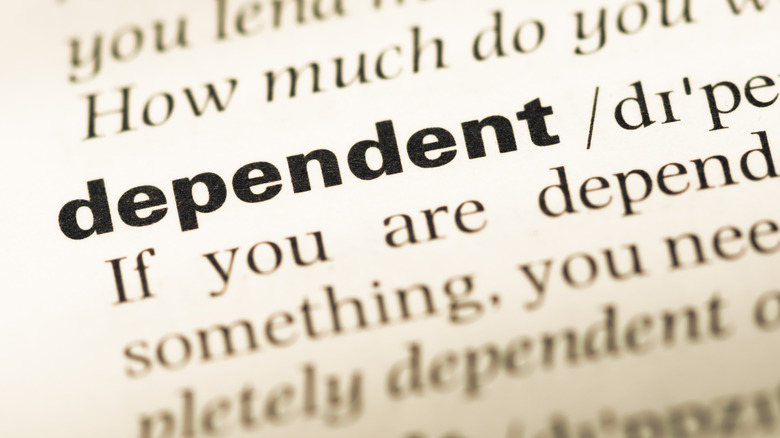Substance Misuse Versus Dependence: What's The Difference?
As we all know, the world can be a stressful place, and sometimes people turn to substances to cope. If you're over the age of 21 and like to drink a glass of wine now and then while catching up with your friends, there's nothing wrong with that, but it's important for everyone to know their limits. It's also essential to keep in mind that substances can be misused. As defined by the Cystic Fibrosis Foundation, substance misuse refers to the maladaptive use of alcohol, drugs, or prescription medication. If someone is using these substances in ways they were not intended to be used, or in a way that poses a threat to themselves or others, they are misusing the substance.
The Centers for Disease Control and Prevention (CDC) reports that more than one drink per day on average for women and more than two drinks per day on average for men is considered alcohol misuse. Both legal and illegal drugs also carry the potential to be misused.
Substance misuse can be dangerous at its best, and fatal at its worst. Even if you misuse a substance once, the Cystic Fibrosis Foundation explains how this can come with dire consequences. The misuse of substances can increase the risk of getting into car accidents, becoming violent towards others, having alcohol poisoning, or overdosing.
Substance misuse and dependence are sometimes used interchangeably to describe someone who is struggling with substances, but how they show up in someone can be quite different.
What does it mean to be dependent on a substance?
Although you can misuse substances while being dependent on them, there's a significant distinction between the two. The Cambridge Dictionary describes dependency as needing something or someone in order to be able to function. In regard to substance use, this could manifest as someone feeling as though they need the substance to get through their day. Johns Hopkins Medicine reports that needing increased amounts of the substance to feel the same effect, isolating oneself from social activities, and spending a lot of time to get and use the substances are some signs of dependence.
The Addiction Center shares how someone who is dependent on a substance may experience physical withdrawal symptoms when they try to stop using the substance. Although dependence and addiction are different, the Addiction Center explains how dependence can develop into addiction. Someone can also be mentally dependent on a substance, where a trigger they associate with the substance can tempt them to use again. Some examples of these triggers could be an emotion, a person, or a place. For instance, if someone who struggles with dependence on alcohol is accustomed to drinking with their friends at a restaurant, hanging out with those friends at the same place could trigger their feelings of dependence.
If you or anyone you know is struggling with addiction issues, help is available. Visit the Substance Abuse and Mental Health Services Administration website or contact SAMHSA's National Helpline at 1-800-662-HELP (4357).


